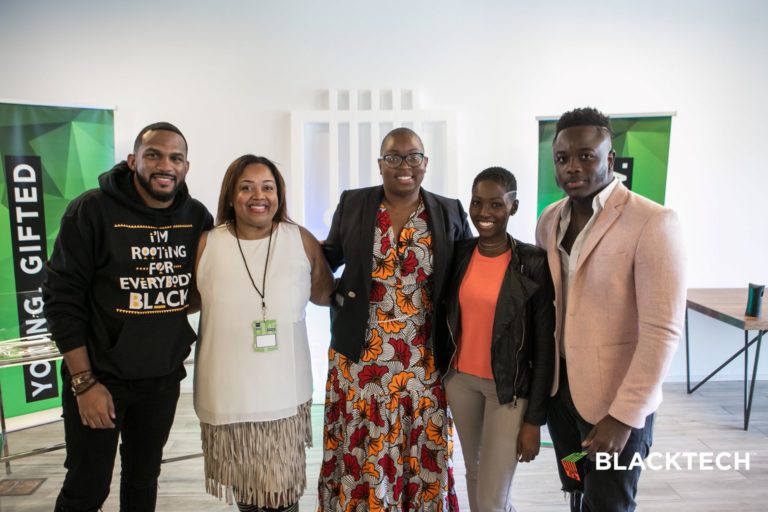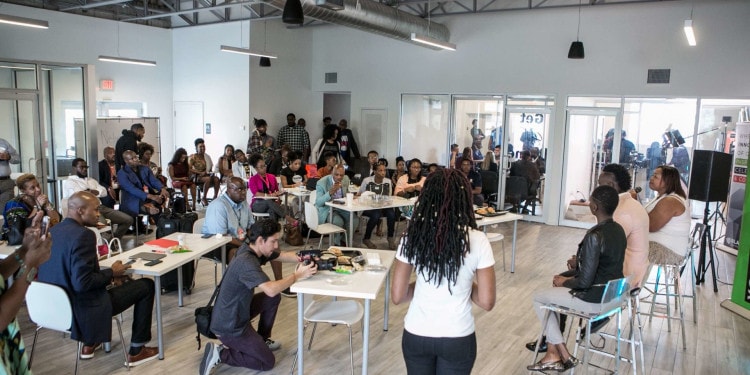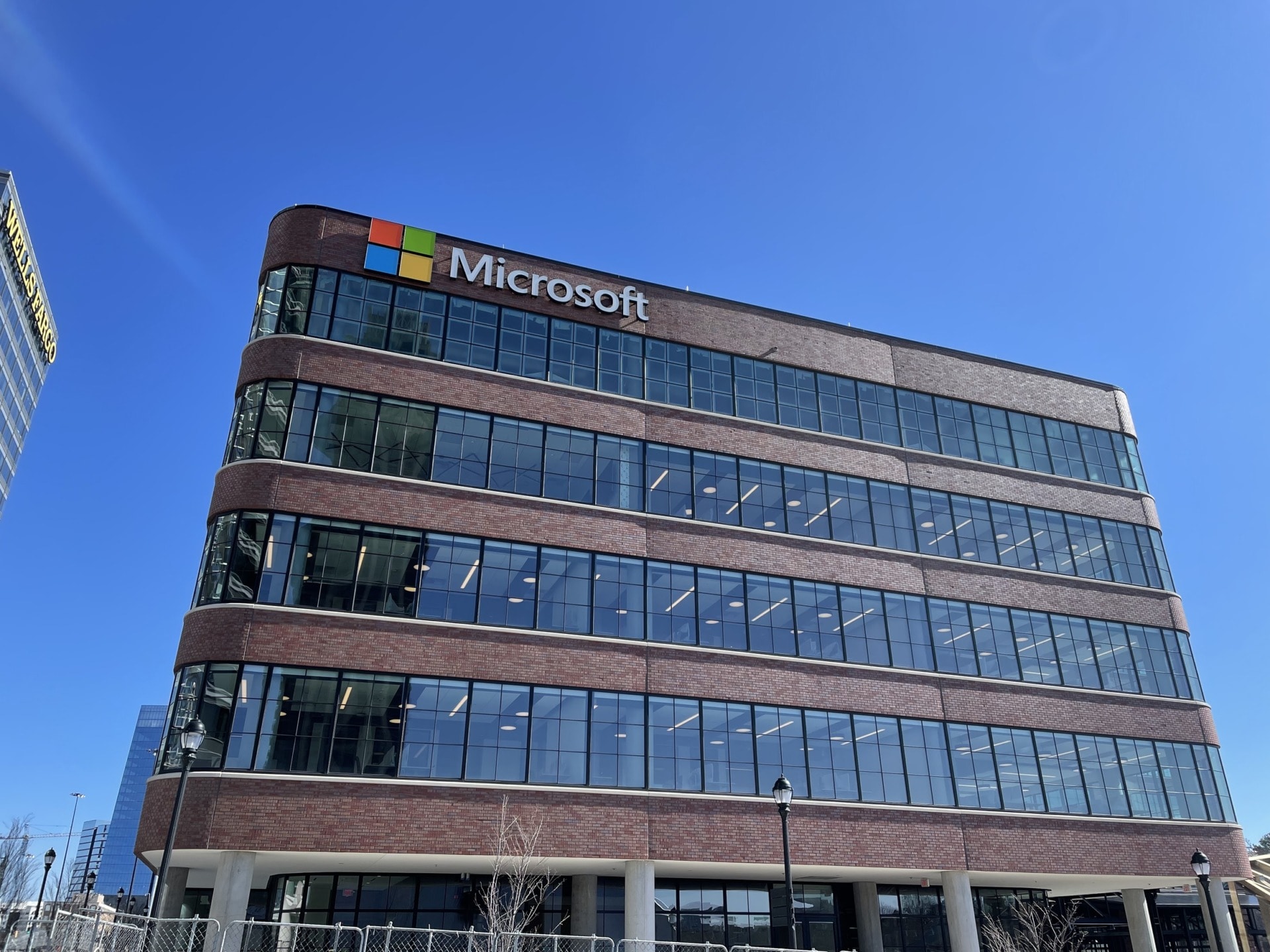How Corporations and Governments Can Support Black Communities’ Innovation Potential
When Joseph Schumpeter initially wrote about the innovation economy through the idea of creative destruction, he stated “the fundamental impulse that sets and keeps the capitalist engine in motion comes from the consumers’ goods, the new methods of production or transportation, the new markets, [and] the new forms of industrial organization that capitalist enterprise brings.” While his statement describes the power of innovation accurately, we must not overlook the need for an inclusive innovation economy and the economic potential of Black communities.
An inclusive innovation economy is one in which people from different social groups participate in the creation of new ideas, products, and ultimately markets. This type of innovation economy entails Black communities contributing beyond the role of consumers. Toward achieving this economic reality, there is a growing push to include more underrepresented entrepreneurs in the innovation economy. The 2016 Pathways to Inclusion Report reflects what corporations and governments need to embrace as they support the inclusion of underrepresented entrepreneurs and workers. With an inclusive innovation economy, we would be in a stronger position to eliminate “innovation deserts” in Black communities, which are essentially the equivalent of food deserts where individuals lack access to fundamental resources to thrive.
As Black entrepreneurs familiar with the ins and outs of the innovation economy, my husband and I want to suggest some actions that corporations and governments can take to create an inclusive innovation economy that supports Black communities. These suggested actions stem from our experiences working in South Florida with Code Fever, Black Tech Week, Space Called Tribe-Co Work, and The Urban Innovation Lab. Through our work to create a more inclusive innovation economy, we set out to dramatically shift the way Black communities engage and create economic value. Based on our experiences, we hope our suggested actions can help individuals from corporations and governments to work with a similar purpose.

Embrace Asset Mapping
There is a lot of activity already happening in Black communities that merely needs a pivot to keep up with the pace of technology and community needs. It is crucial to map out what this economic activity looks like. In the spirit of John McKnight and John Kertzman, who have written about asset mapping from a business perspective and founded the Asset-Based Community Development Institute (ABCD), asset mapping within Black communities involves identifying the funders, co-working spaces, accelerators and incubators, community programs, and coding/technical boot camps that provide resources, innovation hubs, and economic development events. Highlighting these assets will create a greater understanding of points of access and how a community can contribute to the innovation economy.
Work Across Communities
People should never feel that they cannot innovate because of the community they come from.
Innovation around tech and startup activity seems to happen in silos within a city instead of taking place across communities. To encourage a collaborative economic culture, both corporations and governments should provide incentives for organizations to host programming in multiple communities. Let community members know where to find free or low-cost event space and keep them informed about current economic trends and opportunities. Even high-profile innovation conferences such as Think, Innovation Summit, and Impact could strive to host more activities and events in areas accessible to individuals who live in Black communities. People should never feel that they cannot innovate because of the community they come from.
Increase Employment Opportunities
Increasing employment in Black communities is a fundamental step to build an inclusive innovation economy. When corporations and governments hire, they have a positive impact on the economy, and this is true for the local economy within Black communities. When companies like Plated or Blue Apron open not just their services, but jobs, to those in Black communities, there is a windfall that helps to alleviate economic disparities. Blue Apron alone, according to Alex Konrad, delivers over 5 million meals a month and employs 2400 people. Imagine the economic impact of a company like this if it offered jobs in Black communities.
Support Black Entrepreneurs Through in-Residence Programs
With a growing number of Black small business owners, as highlighted in Guidant Financial’s small business report, there is an increasing need to support Black entrepreneurs through in-residence programs. Some of the main challenges facing Black entrepreneurs found in the Guidant Financial report included lacking capital/cash flow, dealing with marketing/advertising, and managing time. To help alleviate such challenges, in-residence opportunities such Code2040’s Early Career Accelerator Program (ECAP), the University of Illinois’s Accelerating Women and Underrepresented Entrepreneurs (AWARE) program, and HBCU collaboration programs such as Google’s In-Residence (GIR) program, Howard West, and Boeing’s HBCU Immersion Program offer underrepresented entrepreneurs access to timely resources and networks to help them succeed within the innovation economy. With the success of in-residence programs such as these, more effort needs to be placed on making sure that these types of opportunities are housed within Black communities.
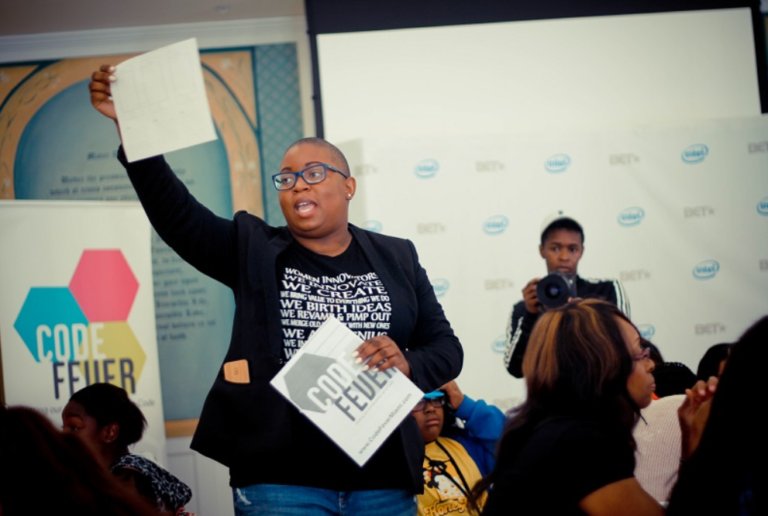
Support Procurement Contract Networking
Amid Black Entrepreneurs’ challenge to secure private capital, we need to support accelerators and incubators that encourage underrepresented entrepreneurs to compete for procurement contracts. While initiatives such as corporate minority procurement programs have had mixed results when it comes to the success of businesses owned by underrepresented entrepreneurs, procurement contracts remain a key avenue for funding. Whether as individuals or with the support of organizations such as the National Minority Supplier Development Council, most Black entrepreneurs should consider competing for procurement contracts.
Offer Innovation Funds
Black entrepreneurs struggle to secure private funds to explore and support ideas necessary for the success of their business. Too often, trying to receive funds as a Black entrepreneur comes with a series of mixed emotions as Lydia Dishman wrote about in the Fast Company. For this reason, innovation funds that allow Black entrepreneurs the opportunity to test their ideas is the right step toward creating an inclusive innovation economy. Innovation funds such as Backstage Capital, Cross Culture Ventures, and Impact American Fund are all funds that invest in high growth companies led by underrepresented minority startups. Without innovation funds such as these, Black entrepreneurs will continue to struggle to test and grow their business ideas, which limits the innovation economy.
Increase Government-Backed Inclusive Innovation Funding
When it comes to community redevelopment, government funding helps capital improvement projects and continues to be impactful by assisting a large number of Black entrepreneurs with investing in their business. Subsequently, government funding initiatives, such as the District of Columbia’s Inclusive Innovation Fund, are the type of government support that can help Black entrepreneurs create businesses within Black communities. Ensuring that Black entrepreneurs have access to government funds, especially given the challenge to secure private funds, can make all the difference for Black communities.
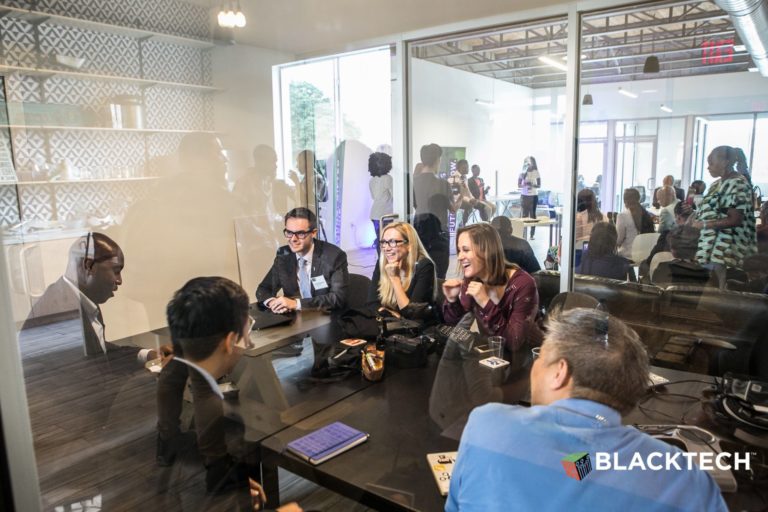
Invest in Infrastructure
Whether we are talking about aviation, bridges, railroads, or transit, the infrastructure in the United States has progressively become worse and remains a growing threat to the economy. However, as with many economic issues, Black communities experience a disproportionate level of infrastructure issues compared to White communities. For instance, as documented by Kaleigh Rogers, Black communities are less likely to have access to reliable internet compared to White communities. To ensure that Black entrepreneurs can participate in the innovation economy, it is imperative that they are included in discussions about investing in infrastructure.
Reframe Innovation Hubs
To redefine and accelerate an ever-changing market in a manner that does not require capital for expensive build-outs, innovation hubs should embrace concepts such as design thinking to create agile and lean startup industries that Black entrepreneurs often specialize in (e.g., food, health, beauty, healthcare, childcare, and construction). By viewing innovation hubs with this mindset, Black entrepreneurs are in a stronger position to have their ideas directly reach millions of potential customers. Some Black tech companies, such as Rubitection), have already begun to change their industry with this mindset. With this reframing, we can support Black entrepreneurs who will reshape lifestyles by combining culture with technology.
Related topics: The Mask Behind Cultural Inequality In Developing Communities – Stimulating Innovation and Partnerships With Africa’s Trust Fund
Reflect on Your Mission
In building a more inclusive innovation economy, reflect on how your organization’s mission aligns with the success of Black communities. With the right mission, investing in Black communities will become more focused and consistent. Kapor Capital’s requirement that portfolio startups must sign a diversity pledge as a condition of getting funding is a strong example of how to build businesses that embrace diverse hiring practices, mentorship, and internship opportunities. As you plan for the future, reflect on your mission and how it aligns with Black communities and the belief in an inclusive innovation economy.
Through these actions, corporations and governments can help to create a more inclusive innovation economy that supports Black communities and eliminates innovation deserts. Within the last few years, we have toured the country, convening with experts and partnering with sponsors like the Knight Foundation, Chan Zuckerberg Initiative, Etsy, Samsung Next, Kauffman Foundation, and the Kansas City Mayor’s Office. With support from community programming partners, we have also held events all over the country to increase deal flow opportunities, provide collaborative collision points, and resources in Black communities. These efforts also included providing access to venture capital, angel-funding opportunities, mentorship, hiring partners, youth tech, and innovation programming. We say all of this to emphasize that the actions we highlighted above come from our experience in the field. Over the next few months, we will be publishing more articles that explore the ideas and actions needed to create an inclusive innovation economy.
